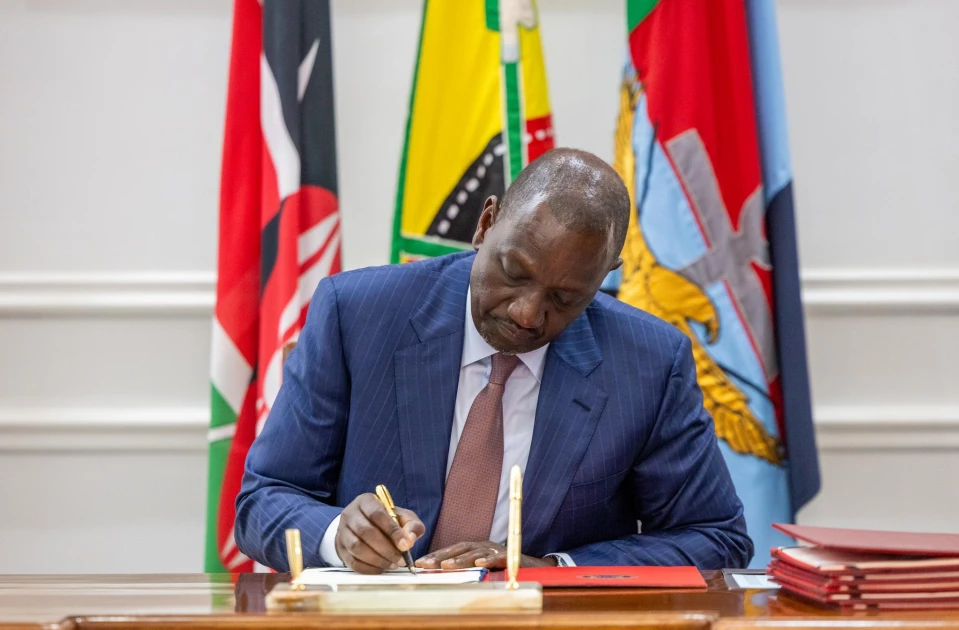Nairobi, Kenya – Four people lost their lives on Thursday after police fired live bullets and tear gas to control huge crowds at Kasarani Stadium, where the body of former Prime Minister Raila Odinga was lying in state.
Odinga, 80, a long-time opposition leader and one of Kenya’s most influential political figures, passed away on Wednesday in India, where he had been receiving medical treatment.
His body arrived at Jomo Kenyatta International Airport (JKIA) early Thursday morning, received with full military honors by President William Ruto, family members, and other top officials.
Thousands of Odinga’s supporters had gathered since dawn to pay their final respects. Emotions ran high as mourners chanted his name and waved flags, turning the streets of Nairobi into a sea of grief and devotion.
However, chaos erupted when some mourners forced their way through one of the main gates at Kasarani Stadium. Security forces responded by firing in the air to control the crowd, and police later released tear gas when the situation got out of hand.
According to police sources, two people were shot dead at the scene, while local broadcasters later confirmed the death toll had risen to four, with dozens more injured in the stampede and clashes. The violence forced police to clear the stadium, leaving it empty within minutes.
Earlier in the day, a similar scene unfolded at JKIA, where a large crowd broke through barriers, temporarily halting airport operations for nearly two hours. Mourners also attempted to march toward Parliament, where the government had initially planned the public viewing.
Despite the chaos, many mourners expressed deep respect for Odinga’s lifelong fight for democracy and justice.
“He fought tirelessly for our freedoms,” said Felix Ambani Uneck, a university student who had traveled from Kisumu. “Even those of us who were not born during the struggle for multi-party democracy are enjoying the results of his courage.”
Raila Odinga, a former political prisoner and five-time presidential candidate, served as Prime Minister between 2008 and 2013. He was widely admired for his resilience and commitment to democratic reforms, though his career was also marked by intense political rivalry and shifting alliances.
President Ruto described Odinga as “a statesman who dedicated his life to Kenya’s freedom and unity.”
A state funeral service is being planned, with family members announcing that Odinga will be laid to rest in a private ceremony attended by close relatives and dignitaries.
As the nation mourns, many Kenyans are calling for calm and reflection, urging that Odinga’s legacy be honored through peace and unity rather than violence.



